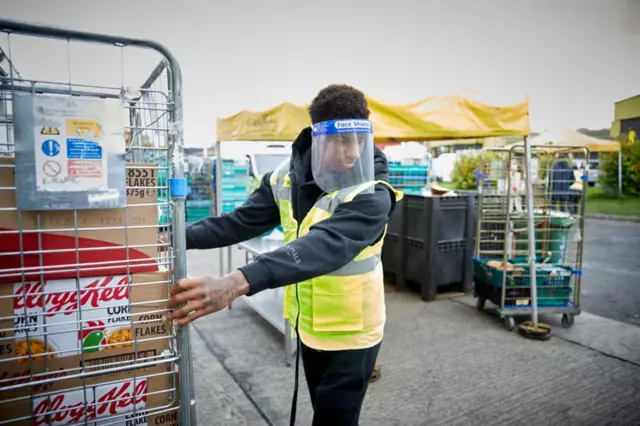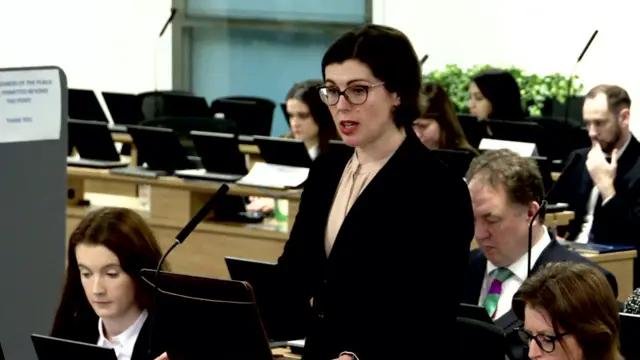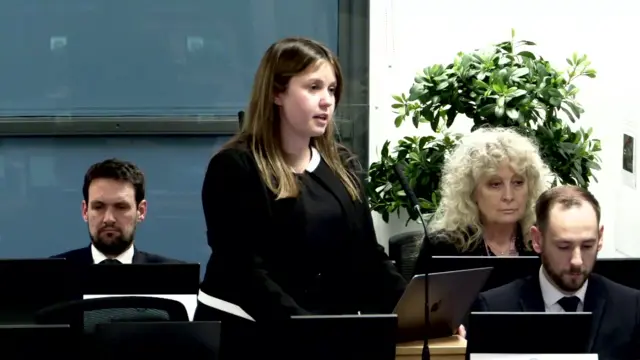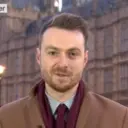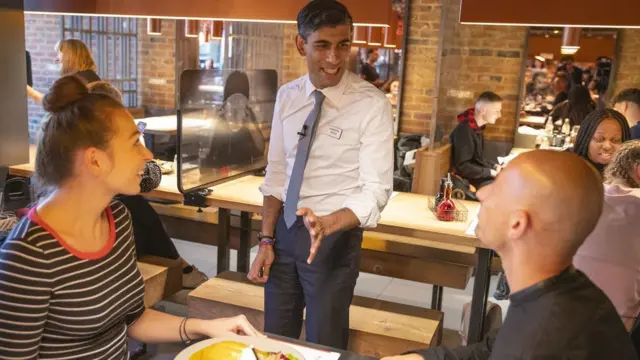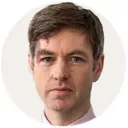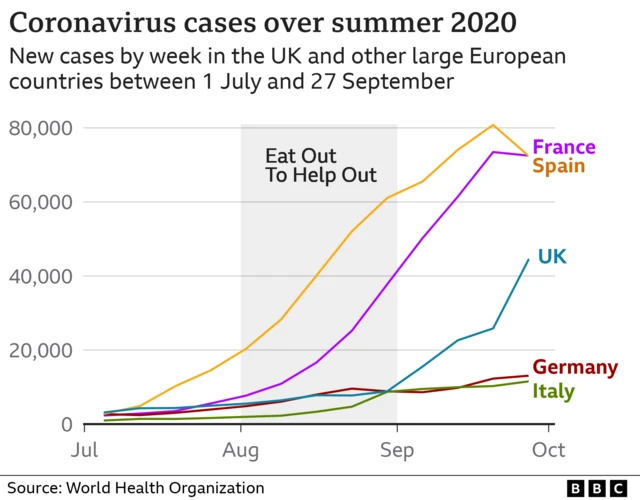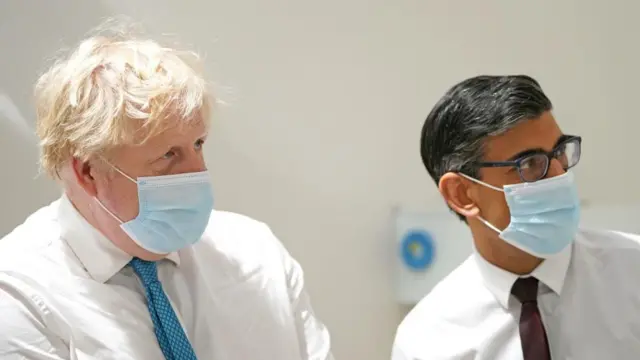Sunak departs - other battles awaitpublished at 17:09 GMT 11 December 2023
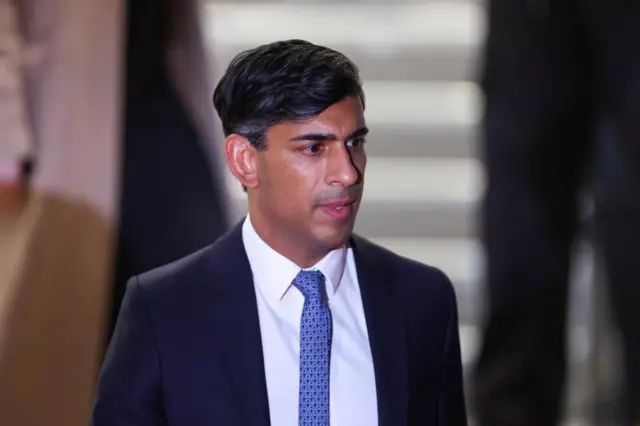 Image source, PA Media
Image source, PA MediaThat's it for our coverage of today's evidence at the UK Covid-19 Inquiry.
Rishi Sunak left the building just before 17:00 - he now faces other challenges, not least getting his new Rwanda policy through Parliament on Tuesday.
Follow our live coverage of the Rwanda story here - and read our round-up of today's evidence here.
Thanks for reading this page. The editors were Owen Amos and Marita Moloney; the writers were Tara Mewawalla, Imogen James, Emily Atkinson, Krystyna Gajda, Jim Reed, Nick Triggle, Henry Zeffman, and Helena Rothman.
